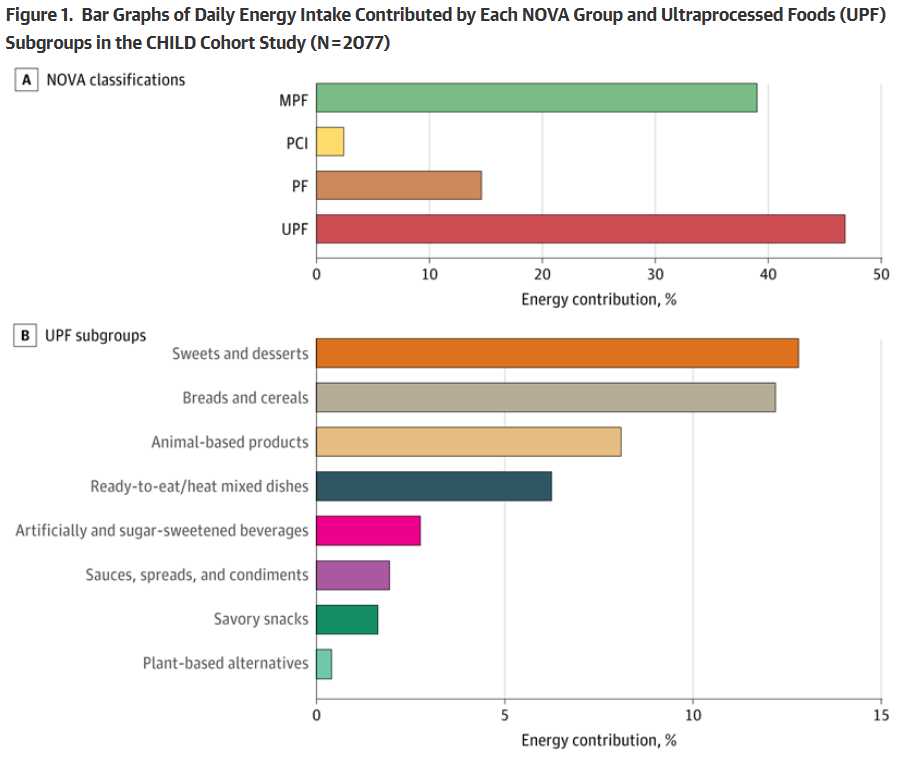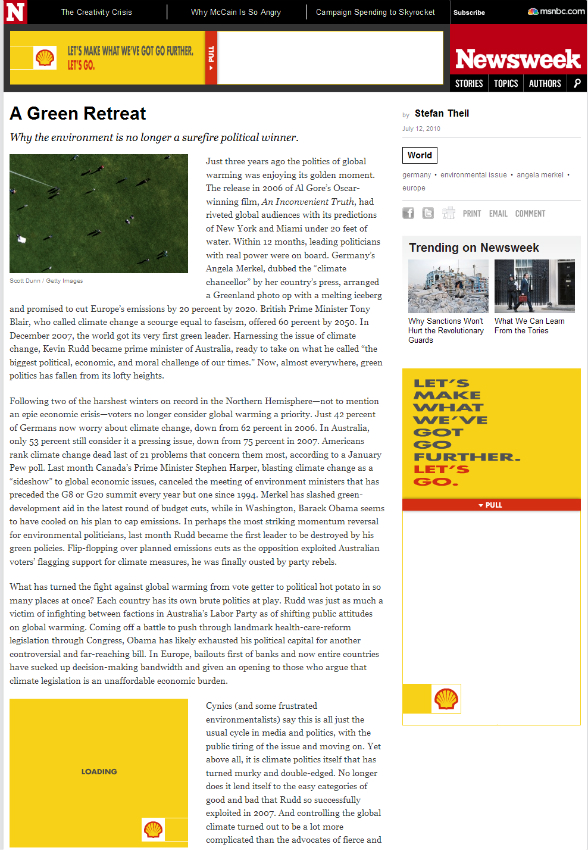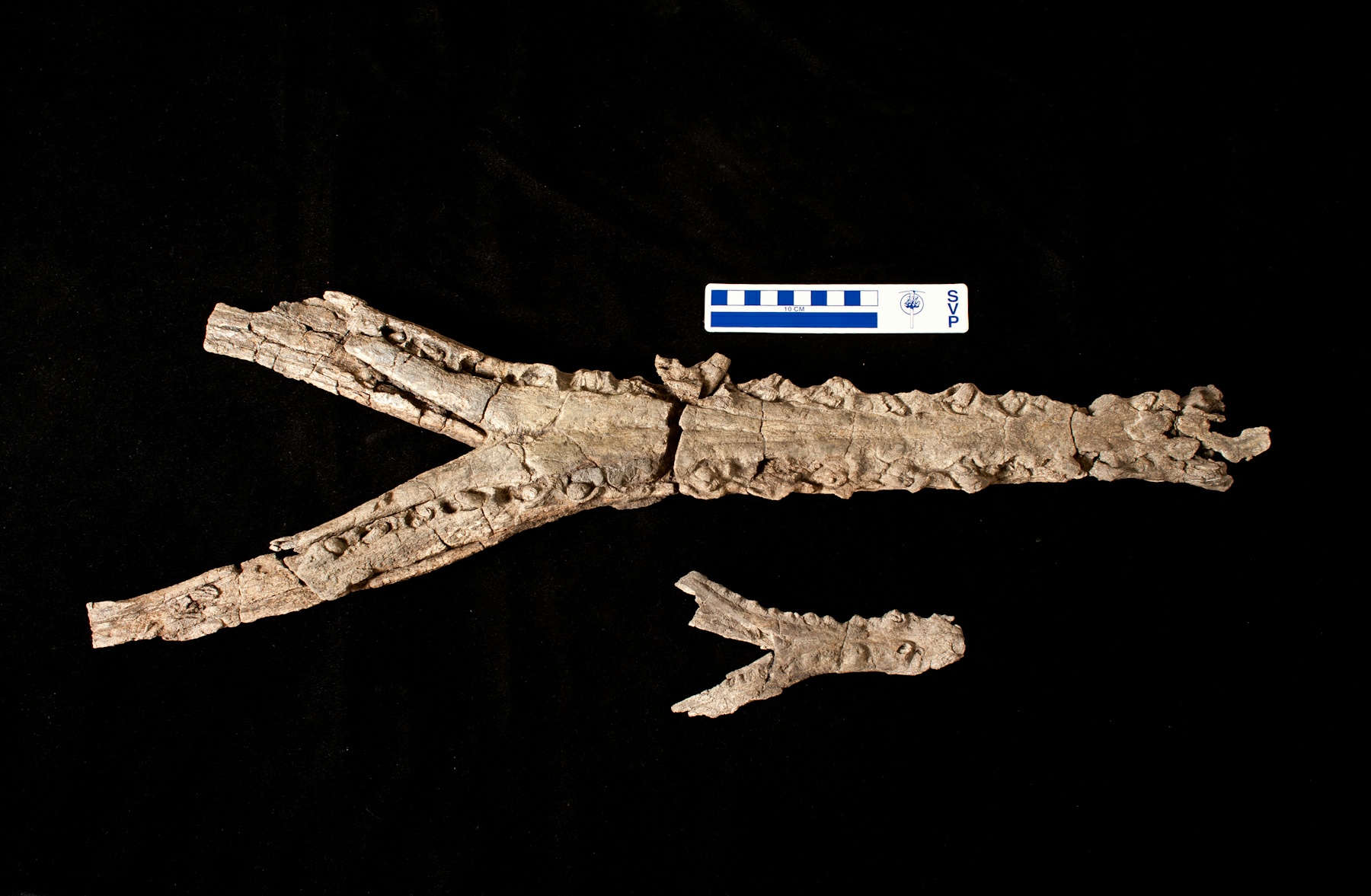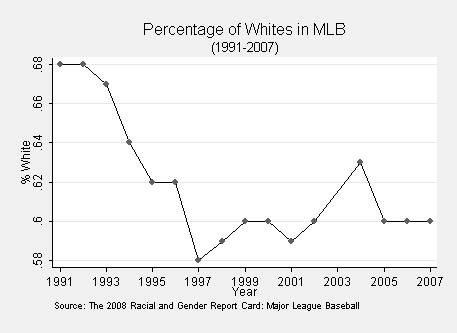Twitter, in its quest to supplant Facebook among literate people and stave off a threat (or not) from GooglePlus, seems to have recently made some changes to its image utility - namely, you can now see images you have Tweeted before.
That's good. Maybe it has been around for a while, I have no clue, I never use the actual Twitter.com interface because it is horrid. Yet GooglePlus is pretty terrible also and they do not have an open API yet, which basically put Twitter on the map, because the user base could improve the Twitter experience by bypassing it. No one can figure out Facebook.
Far be it from me to consider anything designated by Oprah Winfrey as, perhaps, maybe, not always evidence-based, but I had always hoped some skepticism was in order yet consistently instead found Oprah viewers were not only ready to believe, they were willing to migrate to other shows and believe there also.
Politicians throw out a lot of anecdotes, especially if it is one told by a constituent or potential voter, so Minnesota Rep. Michele Bachmann throwing forth a story told to her
that the HPV vaccine caused a child's retardation would be just that, a story. Even it if is a just-so story.
Except she's a Republican.
And so academics have offered $10,000 for the source of that story.
A giant crococile versus a giant snake in a Colombian coal mine? It sounds even more awesome than "Mega Shark Versus Giant Octopus", except the real life version does not have Debbie Gibson.
An ancient crocodile relative, a dyrosaurid now named Acherontisuchus guajiraensis, likely gave the world's largest snake a tussle or two. In Palaeontology, University of Florida researchers describe the new 20-foot extinct species which was discovered in the same Colombian coal mine as Titanoboa cerrejonensis, the world's largest snake.
The highest paid player in baseball has the last name "Rodriguez" and 3 of the top 10 highest paid players in major league baseball are black - but major league umpires are racist, argues Johan Sulaeman, a financial economist at Southern Methodist University.
They looked at 3.5 million pitches from 2004 to 2008 and found that minority pitchers are so convinced white MLB umpires call strikes more often for white pitchers than for minority pitchers that they throw 'safe' pitches and therefore hurt their own performance.
One long-standing myth is that any law claiming to be good for the environment is actually good for the environment. Anyone living along levees in the South who watched environmental lawsuits block improvements in the 1990s and then heard the Army Corps of Engineers criticized after Hurricane Katrina for not previously making improvements had to wonder why the media didn't cover one obvious source of blame for the entire region not being more resistant to floods.
No, instead we got treated to Sean Penn carrying a shotgun, apparently to mow down the zombies the media claimed were floating in New Orleans and everyone blamed Pres. George Bush because the tropical storm turned into a hurricane.
 Canadian Epidemiologists Claim Processed Foods Cause Bad Kids
Canadian Epidemiologists Claim Processed Foods Cause Bad Kids What AI Can't Do: Humanity’s Last Exam
What AI Can't Do: Humanity’s Last Exam Does NBA Income Inequality Impact Team Performance?
Does NBA Income Inequality Impact Team Performance? Dogs And Coffee: Finally, Epidemiology You Can Trust
Dogs And Coffee: Finally, Epidemiology You Can Trust









